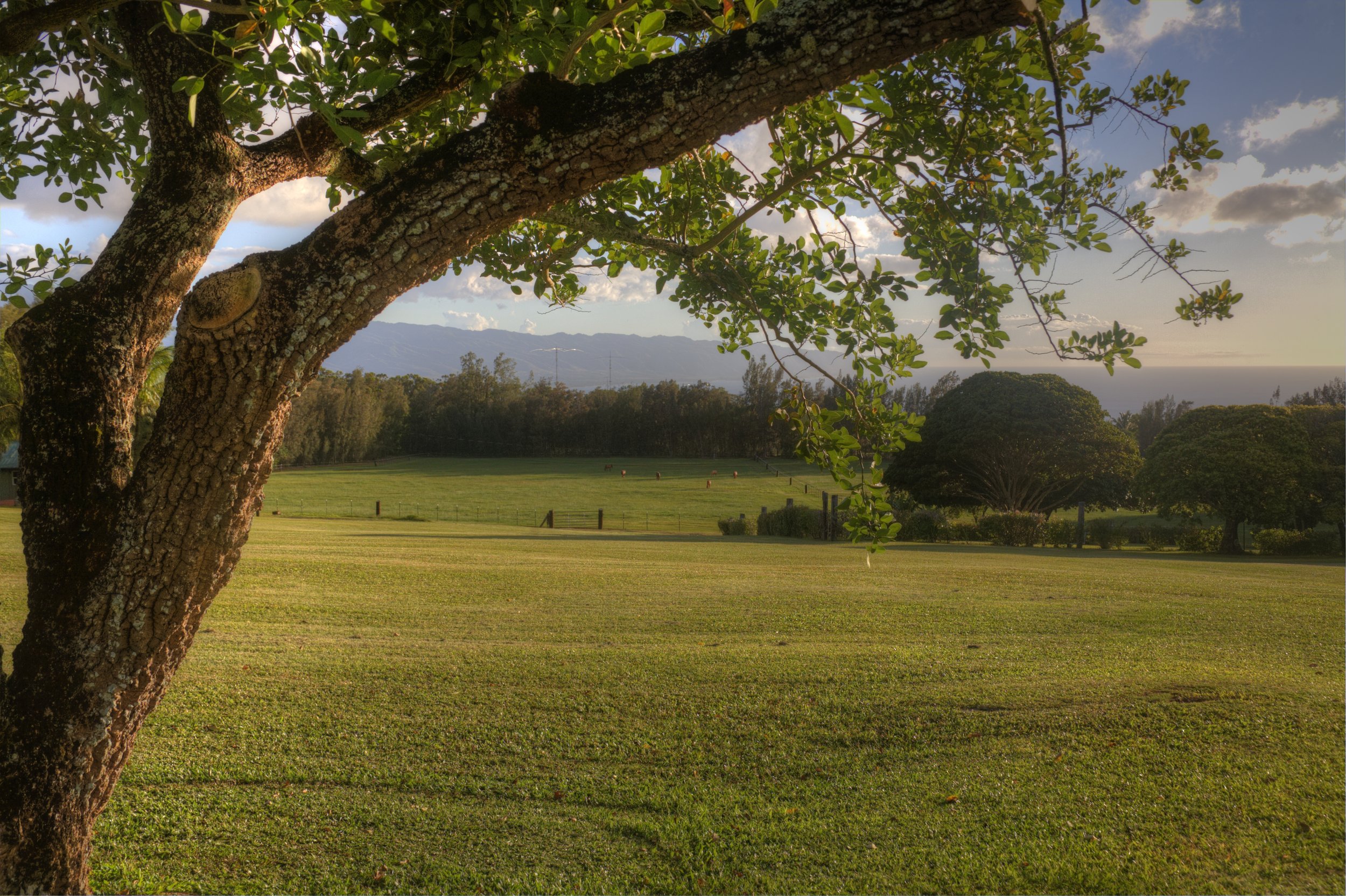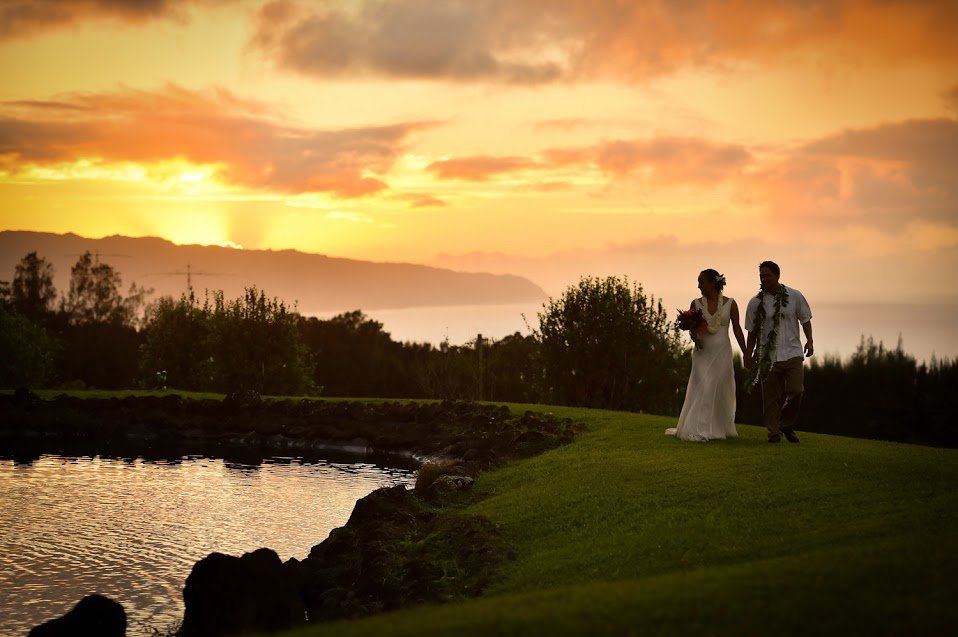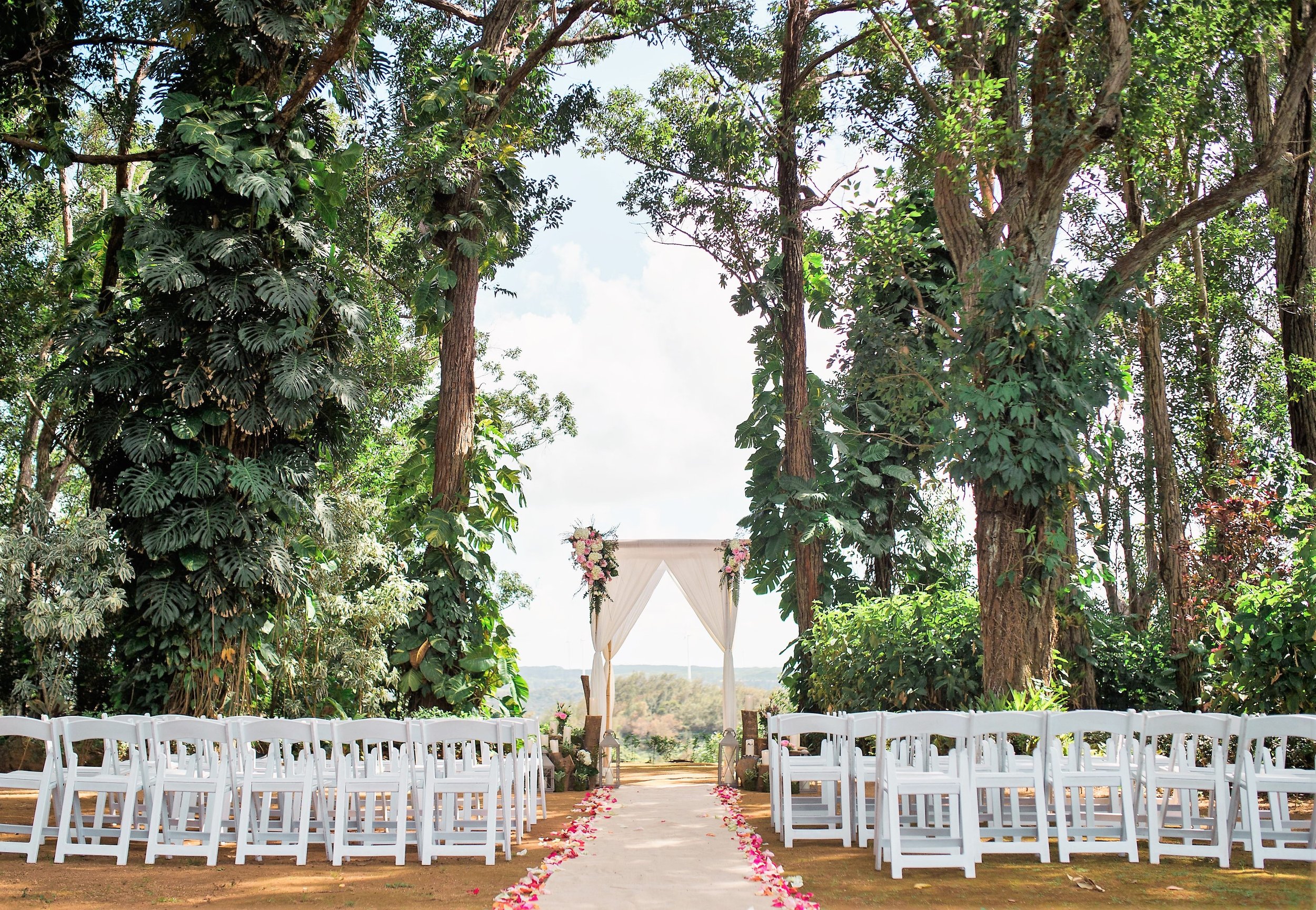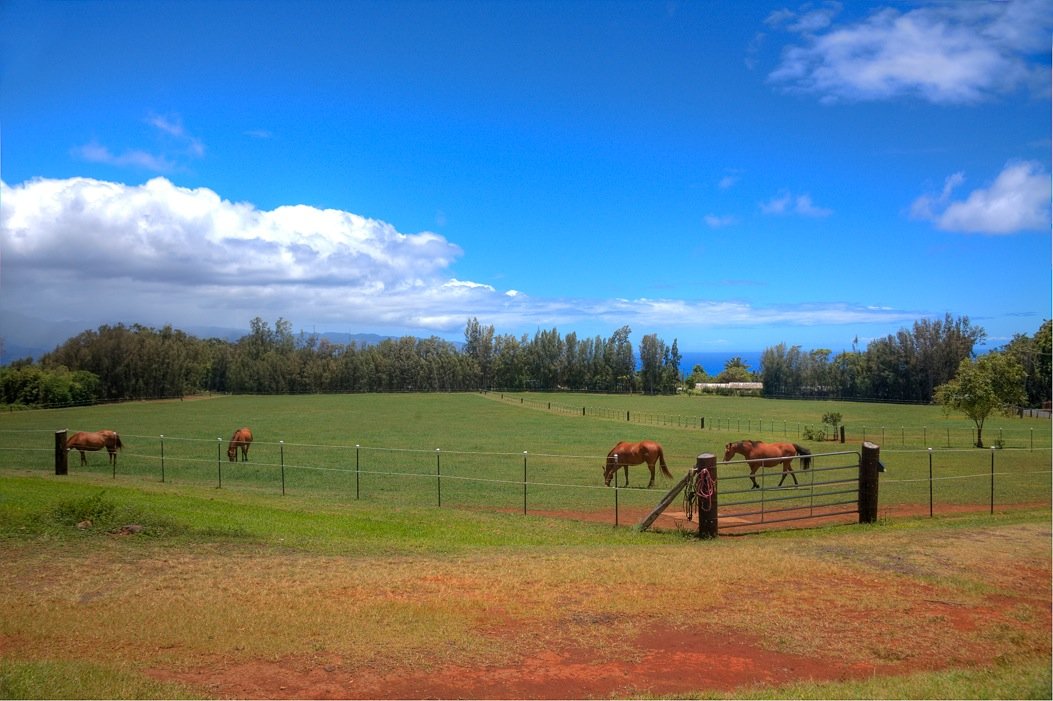Country Life




The North Shore of O‘ahu is known for its world-class waves, photo-ready beaches, and wide open spaces — and Greg Pietsch, owner of Sunset Ranch, which sits high on top of Pupukea overlooking the ocean, wants to keep it that way.
Born and raised in Hawai‘i, Pietsch became an accidental advocate for conservation when he purchased the 30-acre parcel of land for the ranch from his grandmother in 2005. “My initial impulse was to subdivide the land,” Pietsch says, pointing to the most obvious way to cover his costs while keeping a plot of his own. But as he went through the approval process, dividing up the property, which had been in his family since 1960, became less appealing. “I fell in love with the land and wanted to explore other options,” he says.
One opportunity Pietsch, an investment banker with a focus in mergers and acquisitions, found intriguing: he stumbled upon government grants that would help property owners retain ownership of the land in exchange for giving up development rights in perpetuity. “I got a fire in my belly and my thought process shifted to ‘O.K., as opposed to getting the property subdivided, if I can make the economics work and protect the land, what if we were to establish a ranch as a model or platform to advance not only these land conservation platforms but also a true sustainability model,’” he says.
Fast forward through a tricky two-year approval process — these type of grants had never been utilized in Hawai‘i — and Pietsch set out to run the ranch as a four-pronged outfit. The events department — perhaps the most visible operation — throws everything from weddings to private dinners to wellness tours on the expansive property. Horsemanship programs, with an emphasis on therapeutic and leadership — building experiences with groups such as Wounded Warriors and HUGS, make up another element. Farming and native forest restoration in collaboration with Waimea Valley Park round out the offerings.
The last eight years have involved some recalibration on Piestch’s part. A planting of 800 coffee seedlings failed. Overcoming tropical pests for in-ground farming proved challenging. But other opportunities not originally in his business plan, such as an 60-tree avocado orchard, a native fern restoration plot, and an aqua-culture pond for tilapia, are now thriving.
For Pietsch, it’s the intangible elements, such as native koa planting ceremonies for terminally ill children in the HUGS program, that have provided the most reward. “That’s why I’m doing it,” Pietsch says. “I’ve done so many deals and projects and it doesn’t come close.”
Going forward, Pietsch wants to bolster his offerings and use the ranch as a model for land conservation. “It’s been 12 years and I feel like in many respects we’re still in the beginning stages — especially in regards to food and sustainability — but we’re continuing every year to strengthen all four pillars,” says Pietsch. “For me, the important thing is the balance.”
And in the meantime, beyond the big picture projections, Pietsch says with a laugh, “I like to spend days [at the ranch] getting my hands dirty.”
